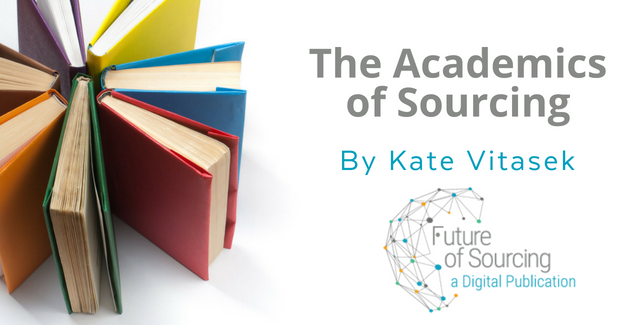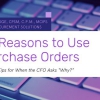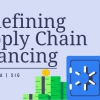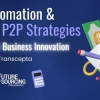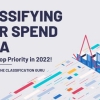Jean Tirole, the French professor of economics who recently received the Nobel Prize, is one of the most influential modern economists for his extensive theories and rigorous mathematic analysis of strategic behaviour and information economics in what is known as “Industrial Organisation” (IO).
As part of his research, he studied firms and markets where a firm had “power” to dominate the market and perhaps abuse that power.
Tirole’s research addresses two key questions: when a firm has market power, how will it behave; and how does its behaviour affect the firm’s suppliers, customers, and competitors? Tirole’s research, textbooks and mathematical models helps in understanding the science of taming powerful firms through regulation, the effectiveness of incentives and whether legal sanctions are substitutes or complements for social sanctions and norms.
Tirole’s models are decidedly mathematical in nature, starting with individuals or firms that are assumed to be rational creatures out to maximise their utility and profits. He then usually incorporates the tools of game theory.
While you might not find Tirole’s deep thinking and mathematical analysis much fun to read if you are a business person, you likely will find his work worthy to consider if you practice the art and science of structuring outsourcing agreements.
His findings? There are no standard answers for regulation and competition policy because solutions will vary among different, complex markets.
Simply put, there is no one-size-fits-all approach to regulation and keeping a firm’s power in check.
For example, the Nobel Committee on Economic Sciences said Tirole’s work shows that cooperation on price-setting within a market is usually harmful, but cooperation regarding patent pools can benefit everyone involved. The merger of a firm and its supplier may lead to more rapid innovation, but it could also distort competition. Thus, a new way of looking at oligopoly markets was needed, because in the final analysis all regulation must be industry-specific.
Tirole, in his The Theory of Industrial Organisation, asserts the behaviour of firms is “not a simple matter…there are many ways in which business decision makers may deviate from profit-maximising behaviour and many mechanisms that, in turn, limit managerial discretion.” To put it bluntly: sometimes companies are tempted to justify less than ethical practices to maximize their profit. (Note: see Dan Ariely’s book, The (Honest) Truth about Dishonesty: How We Lie to Everyone — Especially Ourselves, to learn more about how organisations and individuals justify their bad behaviour.)
Tirole says there are three ways to view firms. When you begin to understand the various views, you can gain insight and build industry-specific or relationship-specific self-governing mechanisms that can help prevent a firm’s temptation to “cheat” in their effort to maximise profit.
The first, the technological view, can be seen as a “loophole for the exercise of monopoly power” by internalising practices that circumvent legal frameworks.
The second, contractual view, sees the firm as a “long-run arrangement of its units.” This leads to the “Williamsonian [Oliver Williamson] theory of the hazards of idiosyncratic exchange in a long-run relationship,” especially in the buyer-supplier relationship in which the parties “must sink trade-specific investments before trading.”
The third view, the incomplete-contracting view, also follows Oliver Williamson’s research that all complex contracts are incomplete. Tirole notes that “contracts are necessarily incomplete, because some contingencies are unforeseeable or because there are too many of them to specify in writing.” In this case we must resist the urge to create rigid contractual documents for complex outsourcing relationships and instead seek to “define only the broad lines of the relationship.” Thus the degree of integration can be roughly measured by the “extent to which authority is distributed between contracting authorities.”
So how can you take Tirole’s lessons and apply them in the real world of outsourcing?
First, business professionals need to look in the mirror and admit no business agreement is perfect. There simply cannot be a “standard template” for any complex outsourcing agreement. And if you try cram a complex business relationship into a standard agreement (or regulatory) framework you are likely to fail since by nature businesspeople will tend to become opportunistic and try to “win” at the expense of their business partner (or when there is a lack of government regulation) if the door is left open.
Second, study the University of Tennessee’s Vested Outsourcing business model. The Vested methodology starts with the fact that all complex contracts are incomplete – and that organisations need to create a “flexible framework” to manage the dynamic nature of business reality.
Vested’s governance framework helps buyers and suppliers shift from a traditional “buy-sell” mentality to co-create an outsourcing agreement that is optimal for their specific relationship and business needs. The agreement is designed as a flexible framework, and parties jointly design mechanisms that help keep their interests aligned over time.
One of Vested’s Five Rules is “Insight versus Oversight Governance structure,” where the parties design-in self-governing techniques to keep them in alignment – and prevent them from the temptation of abusing their power. When “business happens” – no problem! The party that has the weaker power and will get harmed by the change invokes the self-governing mechanisms that enable the parties to get back in alignment.
Think of Vested as a “system” that keeps itself regulated much the way you set the thermostat in your home. If you craft a good agreement using the Vested model, your relationship will stay in balance just the way your home stays the right temperature.


